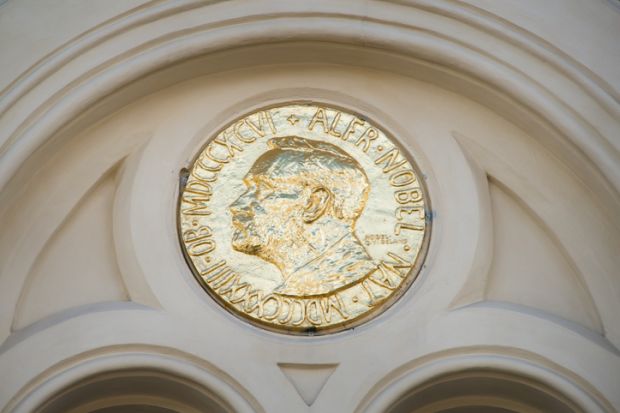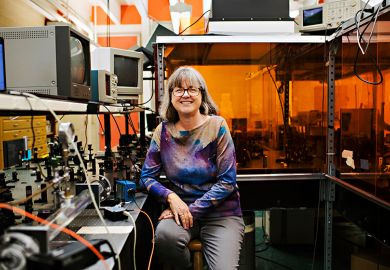Three virologists who helped identify the virus hepatitis C, paving the way for treatments that have saved millions of lives, have been awarded the Nobel Prize for medicine.
At a ceremony at the Karolinska Institute in Stockholm on 5 October, Harvey Alter, Michael Houghton and Charles Rice were named the first recipients of the 2020 Nobel Prizes, sharing this year’s prize for physiology or medicine.
The three scientists were judged by the Nobel panel to have “made a decisive contribution to the fight against blood-borne hepatitis, a major global health problem that causes cirrhosis and liver cancer in people around the world”.
“The discovery of the hepatitis C virus revealed the cause of the remaining cases of chronic hepatitis and made possible blood tests and new medicines that have saved millions of lives,” said the judging panel.
Professor Houghton is a British-born virologist who took his PhD at King’s College London after studying at the University of East Anglia. He is currently Canada Excellence research chair in virology and Li Ka Shing professor of virology at the University of Alberta.
Dr Alter, a University of Rochester-educated virologist, is currently the chief of the infectious disease section at the Warren Grant Magnuson Clinical Center, part of the US National Institutes of Health.
Professor Rice is professor of virology at Rockefeller University in New York, and was educated at the University of California, Davis and California Institute of Technology.
Their work was deemed to have made “seminal discoveries that led to the discovery of a novel virus, hepatitis C”, building on research done into the hepatitis A and B viruses, the Nobel committee said.
Nonetheless, the “majority of blood-borne hepatitis cases remained unexplained [and the] discovery of hepatitis C virus revealed the cause of the remaining cases of chronic hepatitis and made possible blood tests and new medicines that have saved millions of lives”, it added.
Register to continue
Why register?
- Registration is free and only takes a moment
- Once registered, you can read 3 articles a month
- Sign up for our newsletter
Subscribe
Or subscribe for unlimited access to:
- Unlimited access to news, views, insights & reviews
- Digital editions
- Digital access to THE’s university and college rankings analysis
Already registered or a current subscriber?












